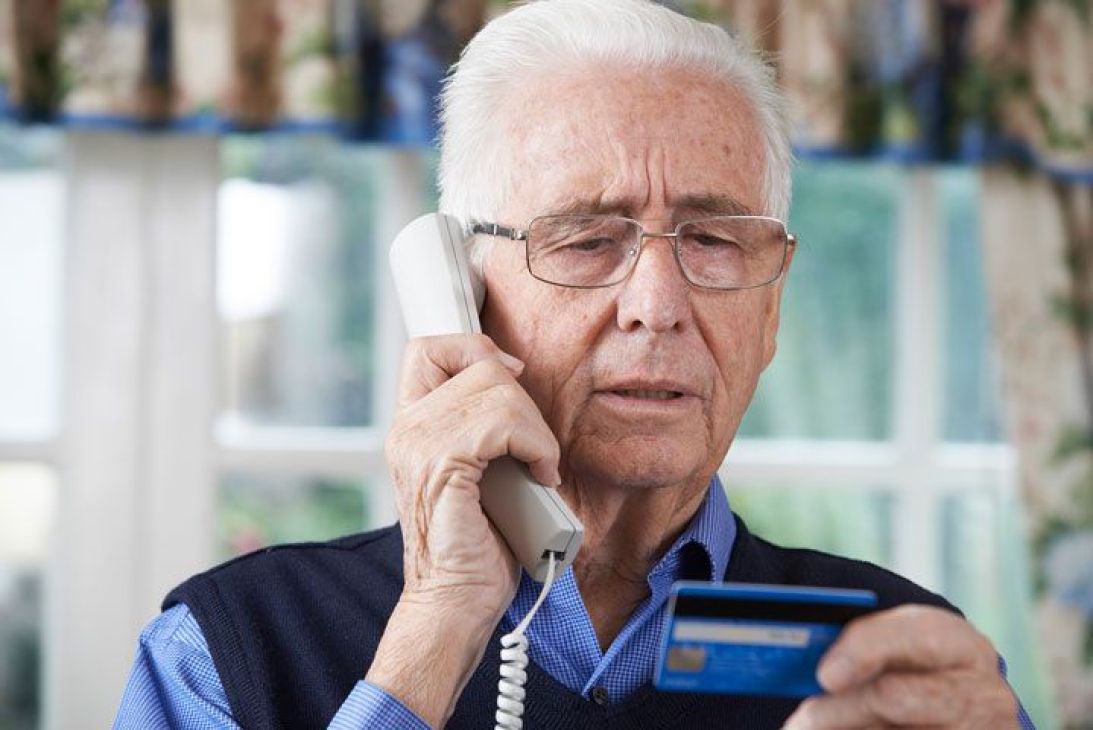
How to Protect Yourself from Senior Fraud
We've all heard about or have even received those suspicious calls that offer unbelievable gifts, like a “free” trip to Bermuda. Or, perhaps the call was more ominous...threatening that the IRS or a bank was about to swoop in because of an error we had made.
While we're all prey to these annoying letters or calls, it is seniors who are most often the targets of unscrupulous scammers. Almost 4 out of 10 seniors are affected, losing over a staggering $36 billion each year to this kind of financial fraud. And this isn’t only happening to the very old or those with dementia — younger, more educated seniors are actually losing more money.
Why seniors are a prime target.
Senior citizens are most likely to have a “nest egg,” to own their home, and/or to have excellent credit—all of which make them attractive to con artists. People who grew up in the 1930s, 1940s, and 1950s were generally raised to be polite and trusting. Con artists exploit these traits, knowing that it is difficult for these individuals to say, “No” or just hang up the telephone.
Older Americans are less likely to report a fraud because they don’t know who to report it to, are too ashamed at having been scammed, or don’t know they have been scammed.
Common fraud schemes—and how to spot them.
Officer Henry Cadett of the Wallingford, CT police department often visits senior communities and centers to help older adults protect themselves and their money. He reports that, “Common scams are telemarketing schemes that try to sell you something; computer tech scams, in which a technician calls you to “fix” your computer and wants your password information; sweepstakes schemes where “winners” have to pay taxes or a portion of their prize; or the infamous “Grandparent Scam” wherein a young-sounding person frantically calls, pretending to be the caller's grandson or granddaughter who's been in an accident or is in jail, and needs money—pronto.”
“Scammers typically use certain keywords and phrases that they've rehearsed and found to be effective in conning people to give them their money or personal information,” continues Officer Cadett. “Here are a few that tell you that the person calling you is up to no good...”
-
“You must act ‘now’ or the offer won’t be good.”
-
“You’ve won a ‘free’ gift, vacation, or prize.” But you have to pay for “postage and handling” or other charges.
-
“You must send money, give a credit card or bank account number, or have a check picked up by a courier.”
-
“You don’t need to check out the company with anyone.” Including your family, lawyer, accountant, local Better Business Bureau, or consumer protection agency.
-
“You don’t need any written information about the company or their references.”
-
“You can’t afford to miss this ‘high-profit, no-risk’ offer.”
If you hear these or similar “lines,” just say, “no thank you,” and hang up the telephone.
Don't get scammed—get smart.
While scammers are relentless, there are some basic precautions you can take to foil them. Officer Cadett recommends:
-
Screen your phone calls and if the number is UNKNOWN, don't pick up and let the call go to voicemail.
-
Get off junk mail lists. When you do, you'll get your name off multiple mailing lists that scammers can use to contact you. Go online to the National Do Not Mail List for help.
-
Do your research. If an organization asks for a donation, go online and verify that they are who they say they are.
-
Always take your time making a decision. Legitimate companies won’t pressure you to make a snap decision.
-
Always reach out to a trusted family member or advisor to help you determine the validity of an organization or an offer.
-
Report it to the police if you think someone is scamming you. Even if you avoid the fraud, someone else may not be so aware and could be exploited.
To learn more about senior scams and how to avoid them, visit the FBI.gov or Adult Protective Services at Eldercare.ACL.gov

